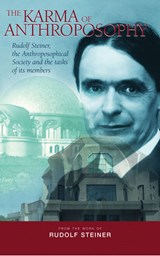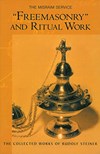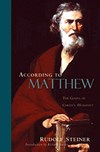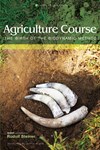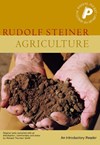The Karma of Anthroposophy
Rudolf Steiner, the Anthroposophical Society and the Tasks of Its Members
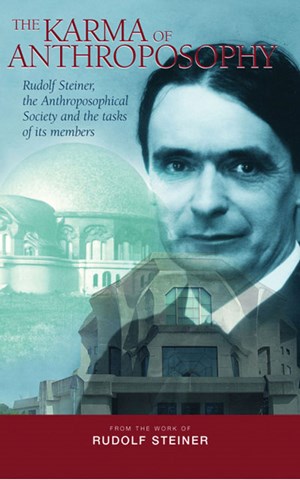
Subtitle: Rudolf Steiner, the Anthroposophical Society and the tasks of its members 'If such authentic souls, such honest anthroposophists can be found ... then an upward movement and dynamic will arise. If such souls do not appear, then decadence will take its inexorable downward course... Today humanity stands before a great crisis: either it will see all civilization collapsing into the abyss, or else spirituality will raise civilization up by the power of the Michael impetus, through which the Christ impetus works, thus continuing, enriching and sustaining it.' In 1924, the final full year of his life, Rudolf Steiner gave a series of urgent, sometimes impassioned, talks to members of the Anthroposophical Society regarding their karma and its relationship to the culture of the time, referring in particular to the vital task of renewing civilization and preserving it from the threat of decline. Steiner's words characterize vividly a great spiritual battle, of forces gathering to fight for the soul of humanity itself. He presents a striking panorama in which anthroposophists are compelled to broaden their vision; to see true esoteric and exoteric anthroposophical work as a live yeast that can set all culture rising. To waken the members of the Society to the dimensions of their task, Steiner saw it as essential that they begin to understand the many different karmic threads from which the movement is woven. This recognition - of difference as much as unity - can give the strength of diversity which, if unconscious and unrecognized, leads easily to division. In the lectures and excerpts compiled here Steiner speaks of the unprecedented convergence of two specific groups of souls within the anthroposophical movement: the Platonists and the Aristotelians. In the karmic background lies a conflict of approaches, but the task today calls for a unity based on love and knowledge; to work with Michael and Christ in the face of Ahriman, materialism and the possibility of civilization collapsing into decadence. Given the challenges faced by humanity today, it has, perhaps, never been more urgent for those who ally themselves with Rudolf Steiner's work to study, absorb and take to heart the contents of this critically important material. Translated by Matthew Barton; 21.5 x 13.5 cm;
Publisher: Rudolf Steiner Press
Format: unknown format


